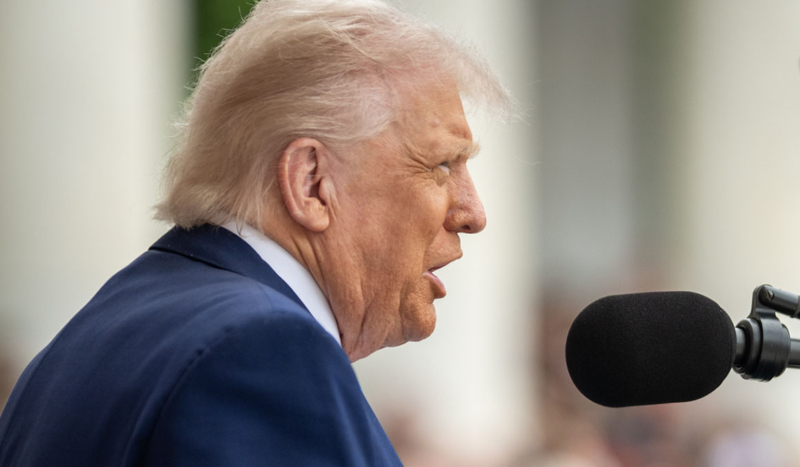
The White House / Flickr
President Donald Trump announced late Wednesday a sweeping travel ban targeting 19 countries, reviving a national security measure from his first term that will take effect June 9.
Twelve countries will face full travel bans: Afghanistan, Myanmar, Chad, the Republic of Congo, Equatorial Guinea, Eritrea, Haiti, Iran, Libya, Somalia, Sudan, and Yemen. The administration cited high risks due to terrorism, hostile regimes, and rampant visa overstays.
Seven additional countries — Burundi, Cuba, Laos, Sierra Leone, Togo, Turkmenistan, and Venezuela — will be subject to heightened restrictions.
In a video posted online, Trump linked the renewed policy to the recent firebombing of a pro-Israel rally in Boulder, Colorado. The attack was reportedly carried out by an Egyptian national who was living in the US illegally. While Egypt was not included in the ban, Trump cited the incident as proof of the need for stronger immigration enforcement.
“The recent terror attack in Boulder, Colorado, has underscored the extreme dangers posed to our country by the entry of foreign nationals who are not properly vetted, as well as those who come here as temporary visitors and overstay their visas,” Trump said.
“Thanks to Biden’s open-door policies, today there are millions and millions of these illegals who should not be in our country,” he added. “In my first term, my powerful travel restrictions were one of our most successful policies, and they were a key part of preventing major foreign terrorist attacks on American soil.”
Just hours before Trump’s announcement, a federal judge blocked the administration from deporting the attacker’s wife and five children, citing potential “irreparable harm.” The suspect, Mohamed Sabry Soliman, now faces 16 counts of attempted murder and 18 additional counts of possession of incendiary devices.
A White House fact sheet defended the new restrictions as a tool to enforce immigration laws and protect national security. It listed specific concerns for each country.
For example, Afghanistan, the White House noted, is controlled by the global terrorist group Taliban and has a student visa overstay rate of 29.3%. Haiti’s rate is 25.05%, while Iran remains a state sponsor of terrorism and has repeatedly refused to cooperate with US authorities in identifying security risks.
The administration also pointed to the success of Trump’s first-term travel ban, which was upheld by the Supreme Court. The Court ruled the ban was “squarely within the scope of Presidential authority” and “expressly premised on legitimate purposes.”

